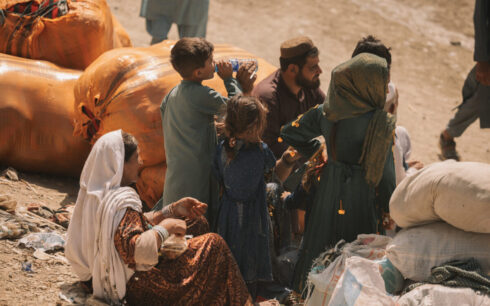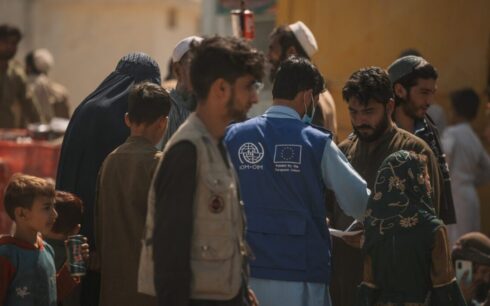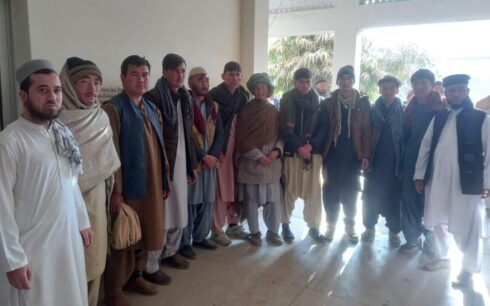As the conflict between Iran and Israel intensifies, dozens of Afghan families in Tehran have fled their homes over the past five days, deepening their displacement and compounding the challenges of life as refugees. Many now face growing uncertainty, without shelter, income or access to basic services.
Iran hosts more than 3.3 million Afghan refugees, including 1.5 million of them in Tehran province. Many of migrants who spoke to Amu said that they have already lost their jobs over the past five days after the conflict began, and even if they leave Tehran, they have no clue where to go.
“I left Tehran with my family today (Tuesday, June 17). We left early morning. We’re now in an area two hours away from Tehran, and once again, we’re searching for a home, which is really hard to find these days,” said Naweed, an Afghan migrant in Iran.
“These are people who had already fled repression in Afghanistan,” said Marjan Hosseini, a women’s rights activist now in Tehran. “Now they’re sleeping in basements or temporary shelters, with no resources.”
Some families are believed to have fled to safer neighborhoods or to cities outside the capital. Others have taken refuge in community centers or private homes. Activists say the majority left hastily, with only what they could carry.
Fatima, 38, a Kabul resident, said her husband had migrated to Tehran for work three years ago. She has not heard from him since air raid sirens began sounding across the city. “It’s been two days, and nothing,” she said. “We don’t even know where he went after leaving the apartment.”
Inside Afghanistan, relatives say they are growing increasingly desperate. Limited internet connectivity in Iran has left families without updates. “We’re just waiting,” said one woman in Herat. “There’s no way to reach them.”
Beyond the humanitarian toll, the conflict is reverberating through Afghanistan’s fragile economy. Fuel prices have climbed sharply in recent days, as the threat of disrupted trade through Iran looms. Economists warn that prolonged conflict could block key import routes and intensify inflation across the country.
“This isn’t just a diplomatic crisis — it’s a supply crisis too,” said one Kabul-based analyst. “For Afghans in Tehran and at home, the consequences are already real.”





